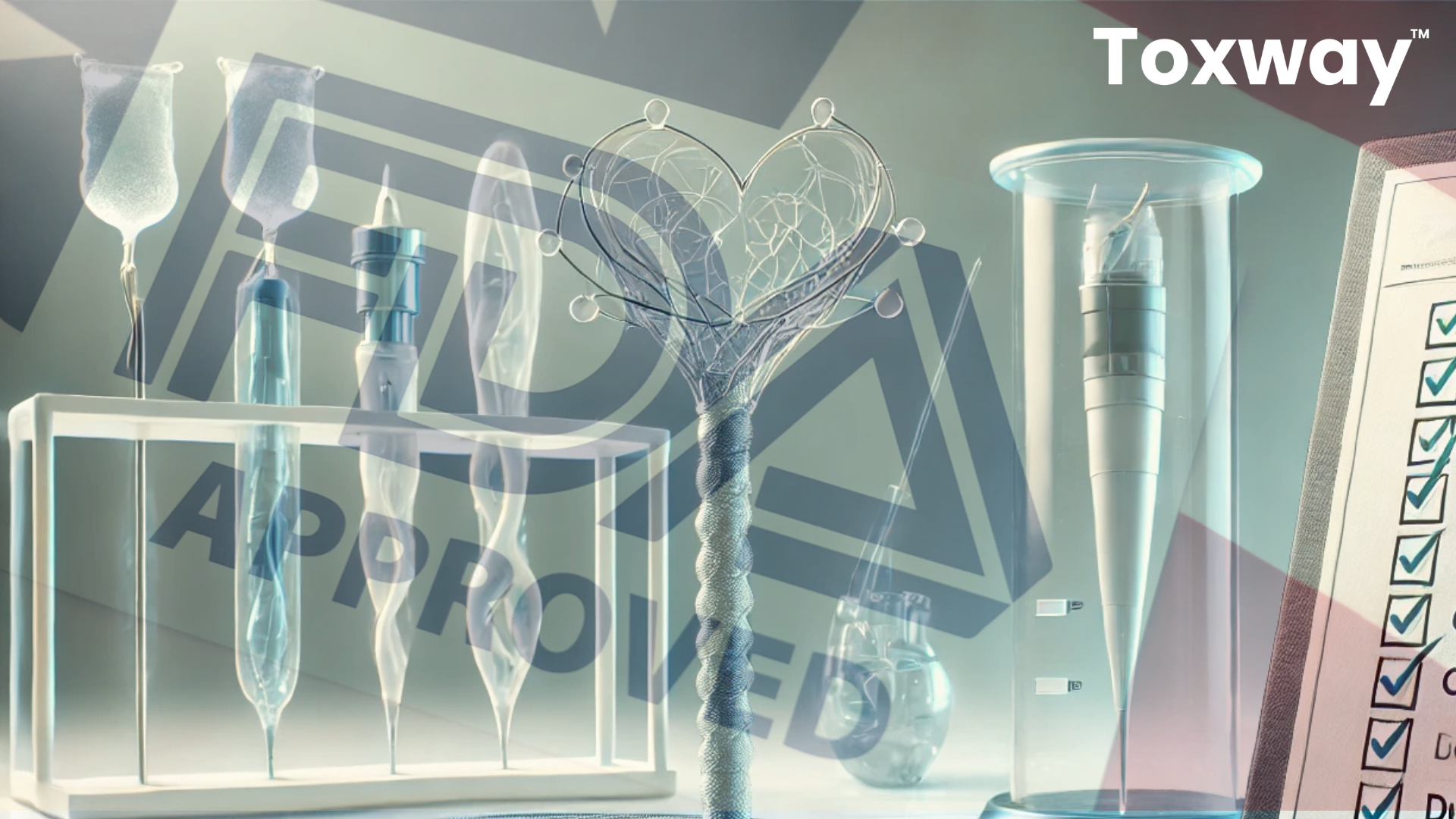
In the rapidly advancing world of the medical device sector, biocompatibility evaluation plays a vital role in ensuring patient safety. From surgical implants and diagnostic tools to everyday protective equipment like gloves and masks, the FDA places significant importance on comprehensive assessments to avoid harmful biological reactions.
But what exactly does the FDA evaluate, and how can you ensure compliance without unnecessary burdens? Let’s dive into the essentials.
What Does the FDA Evaluate in Biocompatibility?
The FDA evaluates medical devices based on their interaction with the human body. Devices that come into direct or indirect contact with human tissues face rigorous biocompatibility assessments to minimize biological risks. These risks may arise from various factors such as:
-
Nature of Contact: The tissues or body systems the device interacts with. For example, a device that contacts blood or skin might face different evaluations.
-
Duration and Frequency of Exposure: How long the device remains in contact with the body. A device intended for long-term use, like a pacemaker, requires more thorough testing than a short-term diagnostic tool.
-
Material Composition: The FDA assesses the materials used in the device, including coatings and any residual chemicals from the manufacturing process. This ensures that the materials won’t cause adverse reactions when in contact with the body.
It’s important to note that the FDA’s focus is on the finished device in its final form, including any sterilization processes. For example, a stent with a polymer coating might need separate evaluations for both the coating and the underlying material. Similarly, in situ devices like absorbable sealants are evaluated for their different stages, pre-polymerized, polymerized, and degrading states.
Risk-Based Biocompatibility: A Smarter Approach
The FDA’s evaluation process adopts a risk-based approach to balance safety and efficiency for manufacturers. This approach allows manufacturers to streamline the testing process by:
-
Using Existing Data: Avoiding redundant testing by leveraging available data or recognized consensus standards.
-
Alternative Testing Methods: Encouraging non-animal testing alternatives, such as in silico models, to reduce the need for animal testing.
-
Premarket Submission Flexibility: Devices that don’t come into direct or indirect contact with tissues may not require biocompatibility data in premarket submissions, reducing regulatory burdens.
This method helps manufacturers minimize unnecessary delays while ensuring the safety of medical devices.
Why Compliance Matters
Compliance with biocompatibility standards is not just a regulatory requirement, it’s essential for the overall success of medical devices. Non-compliance can result in:
-
Delayed Approvals: Failure to meet FDA standards can delay product approval and market entry.
-
Increased Costs: Additional testing required due to non-compliance can increase production and testing costs.
-
Legal Risks: Non-compliance can lead to product recalls, legal liabilities, and damage to a company’s reputation.
By following FDA guidance and international standards like ISO 10993-1, manufacturers can reduce these risks, ensuring smoother approvals and building trust with healthcare providers and patients.
Stay Ahead with Expert Support
Navigating the complexities of biocompatibility evaluations can be challenging. This is where expert guidance is crucial. Toxway specializes in regulatory frameworks, risk-based approaches, and emerging standards to help medical device manufacturers successfully meet FDA requirements.
Toxway‘s services include:
-
Biological Evaluation Plans: Tailored to meet FDA and ISO 10993 guidelines.
-
Comprehensive Risk Assessments: For materials and components, identifying any potential biological risks.
-
Streamlined Regulatory Submissions: Helping manufacturers submit biocompatibility data with minimal delays.
Ready to Simplify Biocompatibility Compliance?
Toxway offers expert biocompatibility services that ensure medical devices meet safety and regulatory standards. With a focus on international regulations such as the EU MDR 2017/745 and ISO 10993, Toxway helps manufacturers navigate complex compliance requirements to bring safe medical devices to market.
For more information, visit the Toxway Medical Device Services. Reach out to info@toxway.com today to learn how Toxway can assist in your medical device journey, from concept to market.

